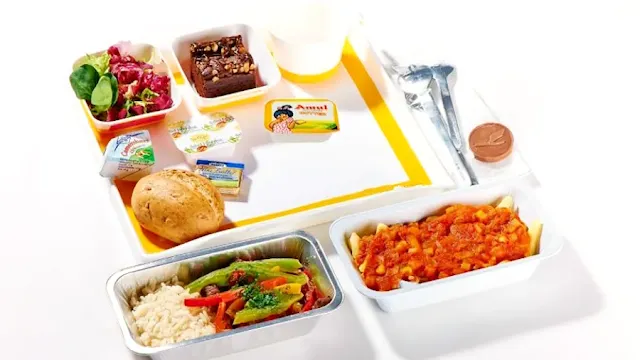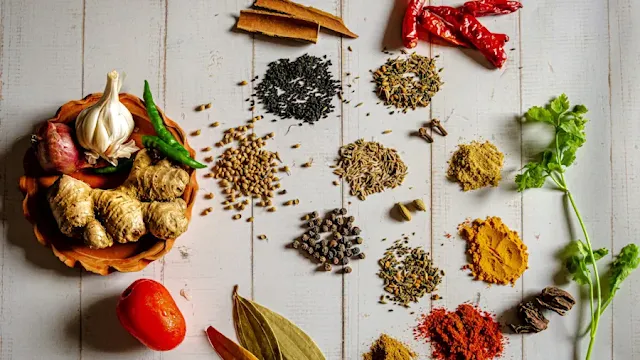Table of Contents
Traveling with an infant can feel overwhelming, especially when it comes to ensuring your baby stays fed and comfortable during a flight. As a parent, I vividly remember my first trip with my six-month-old daughter, juggling bottles and formula while navigating airport security. Understanding the rules for carrying baby formula, breast milk, and toddler drinks made all the difference. These essentials are permitted in carry-on luggage, even beyond standard liquid limits, per guidelines from the TSA. This guide provides clear, actionable advice on packing baby formula, navigating airport security, and adhering to airline policies for a stress-free journey with your little one.
Can I Bring a Can of Baby Formula on the Plane?
You can absolutely bring baby formula, breast milk, and toddler drinks in your carry-on luggage. The TSA exempts these items from the 3.4-ounce (100ml) liquid restriction, allowing "reasonable quantities" for your trip. At the security checkpoint, inform officers that you’re carrying these items for separate screening. Frozen ice packs or gel packs to keep formula cool are also allowed if fully frozen during screening. For convenience, consider ready-to-feed bottles or pre-mixed formula to simplify in-flight feeding. Always check with your airline for any additional requirements, especially on international flights.
Packing Formula on an Airplane
Efficient packing can ease security checks and ensure your baby’s feeding routine stays on track. Follow these practical tips for a seamless travel experience:
- Organize Liquids: Store formula, breast milk, or toddler drinks in a clear, accessible bag to speed up security screening.
- Powdered Formula: Bring a full tub or pre-measured portions of powdered formula, which face no liquid restrictions.
- Ready-to-Feed Options: Opt for pre-mixed or ready-to-feed formula for quick, hassle-free feeding during flights.
- Water for Mixing: Buy bottled water after passing security or ask flight attendants for water to mix formula onboard.
- Cooling Solutions: Use frozen ice packs or insulated bags to keep liquids fresh, ensuring they meet security guidelines.
Airline-Specific Rules
Most airlines align with TSA or international guidelines for baby formula and infant feeding items. Below are policies for major Indian airlines, with links for further details:
- Air India: Allows reasonable amounts of baby formula, breast milk, and baby food in carry-on luggage. Visit Air India’s FAQs for more information.
- IndiGo: Permits baby formula and breast milk in carry-ons, subject to security screening protocols.
- Vistara: Supports reasonable quantities of baby food, formula, and breast milk, following TSA standards.
- SpiceJet: Adheres to TSA guidelines, allowing formula and breast milk without liquid limits in carry-ons.
For international travel, verify regulations with your destination country’s aviation authority. The IATA baggage rules offer global guidance. Always confirm your airline’s policies before departure to avoid surprises.
Frequently Asked Questions
Can I take a full tub of baby formula on a plane?
Yes, a full tub of powdered baby formula is allowed in carry-on luggage without liquid restrictions, making it a convenient option for parents.
How do I prepare baby formula for a flight?
Pack pre-measured powdered formula, ready-to-feed bottles, or pre-mixed formula. Purchase bottled water after security or request it from flight attendants for mixing.
Are ice packs allowed for baby formula on flights?
Yes, fully frozen ice packs or gel packs are permitted to keep baby formula cool during travel, as long as they comply with security screening rules.
How much baby formula can I bring through airport security?
The TSA allows "reasonable quantities" of baby formula, breast milk, and toddler drinks in carry-on luggage, exempt from the 3.4-ounce liquid limit.
Can I bring baby powder on a plane?
Yes, baby powder is allowed in carry-on luggage, but quantities over 12 ounces (350ml) may require additional screening. Check airline policies for restrictions.
Why Is Talcum Powder Banned on Flights in India?
For more information on traveling with children, visit the TSA’s Traveling with Children page.














